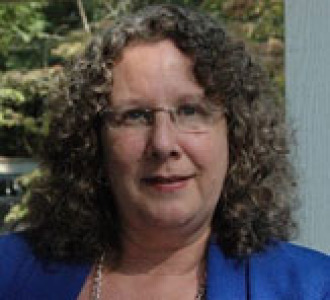WASHINGTON, March 16, 2016 - To accelerate a clean energy economy, the Energy Department (DOE) selected 33 small businesses to work directly with national labs under the DOE’s new Small Business Vouchers (SBV) pilot. The businesses will be granted access to laboratory resources to help move innovative technologies closer to scalable commercialization, while allowing DOE and its laboratories to gain valuable private sector insight into the technological and commercialization challenges facing the clean tech economy, says DOE.
According to the Small Business Administration's Office of Advocacy, small businesses develop innovative technology and produce more than 15 times as many patents per employee as larger patenting firms.
DOE’s Office of Energy Efficiency and Renewable Energy will invest nearly $6.7 million in round one of the SBV pilot. These partnerships between clean energy small businesses and DOE national laboratories help promote economic development and innovation by pairing DOE’s “unparalleled laboratory resources and expertise” with small business drive and creativity, says DOE. Vouchers range from $50,000-300,000.
“The U.S. Department of Energy is firmly committed to maximizing the impact of the national lab system on the clean energy economy,” says David Danielson, assistant secretary for Energy Efficiency and Renewable Energy. “The Small Business Vouchers pilot allows innovative entrepreneurs greater access to the world-class resources and brilliant minds in our labs.”
·
- Water: Develop technologies to convert ocean waves and other sources, such as canals, into clean, cost-competitive energy.
- Wind: Eliminate market barriers for the adoption of commercial wind turbines by improving prediction models.
- Bioenergy: Improve methods and processes for converting cellulosic biomass into usable bio-based chemicals.
- Solar: Develop new, more efficient solar collectors, as well as integrating new solar technologies into the grid.
- Buildings: Improve the efficiency and cost effectiveness of building energy systems.
- Vehicles: Improve technologies to make vehicles safer and more efficient and reduce vehicle greenhouse gas emissions.
- Fuel Cells: Develop projects to create cheaper, more durable fuel cells.
- Geothermal: Improve tools used to access and test geothermal power.
- Advanced Manufacturing: Reduce manufacturing costs, optimize methods and evaluate new processes in applications for 3D printing, LED devices, sensors, catalyst development and bio-derived lignin and develop pathways toward zero-emissions fuel cell electric vehicles.
·
#30
For more news, go to: www.Agri-Pulse.com

